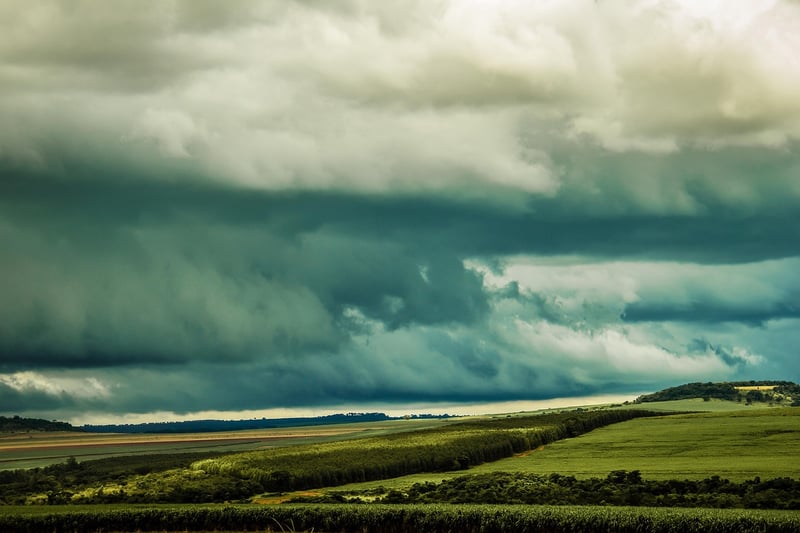Temporal Mechanics
The Science Behind Time Travel and Temporal Mechanics
Time travel has long captured the imagination of humanity, appearing in countless works of science fiction. But what does science tell us about the possibility of traversing through time? Let's delve into the fascinating realm of temporal mechanics to explore the theories and concepts that underpin this intriguing idea.
Understanding Time
Time is a fundamental aspect of our existence, governing the sequence of events in the universe. According to the theory of relativity proposed by Albert Einstein, time is not a fixed and absolute quantity but is relative and can be influenced by factors such as gravity and speed.
The Concept of Time Travel
Time travel refers to the hypothetical ability to move backward or forward in time, defying the traditional arrow of time that progresses from the past to the future. While time travel remains a speculative concept, several theories in physics suggest that it might be theoretically possible under certain conditions.
Temporal Mechanics
Temporal mechanics is the study of the principles that govern the behavior of time within the framework of theoretical physics. It involves exploring the nature of time, causality, paradoxes, and the potential mechanisms that could enable time travel.
The Grandfather Paradox
One of the most famous paradoxes associated with time travel is the Grandfather Paradox. It posits a scenario where a time traveler goes back in time and prevents their grandfather from meeting their grandmother, thus preventing their own birth. This paradox raises questions about the consistency of causality in a universe with time travel.
Wormholes and Time Dilation
Wormholes are hypothetical tunnels in spacetime that could potentially connect distant points in the universe or different moments in time. According to the theory of general relativity, traversable wormholes could allow for shortcuts through spacetime, enabling time travel. Time dilation, another concept from relativity, suggests that time passes differently for objects in motion or under the influence of gravity.
Challenges and Possibilities
While the idea of time travel sparks endless fascination, numerous challenges and paradoxes complicate its realization. Concepts like causality violation, energy requirements, and the lack of experimental evidence pose significant hurdles to the practicality of time travel. However, ongoing research and theoretical developments continue to push the boundaries of our understanding of time and space.
Conclusion
Time travel and temporal mechanics remain captivating subjects that blend scientific inquiry with imaginative speculation. While the current scientific consensus suggests that practical time travel is unlikely, the exploration of these concepts enriches our understanding of the universe and challenges us to ponder the nature of time itself.

For further reading on this topic, you can explore Space.com's article on time travel.
